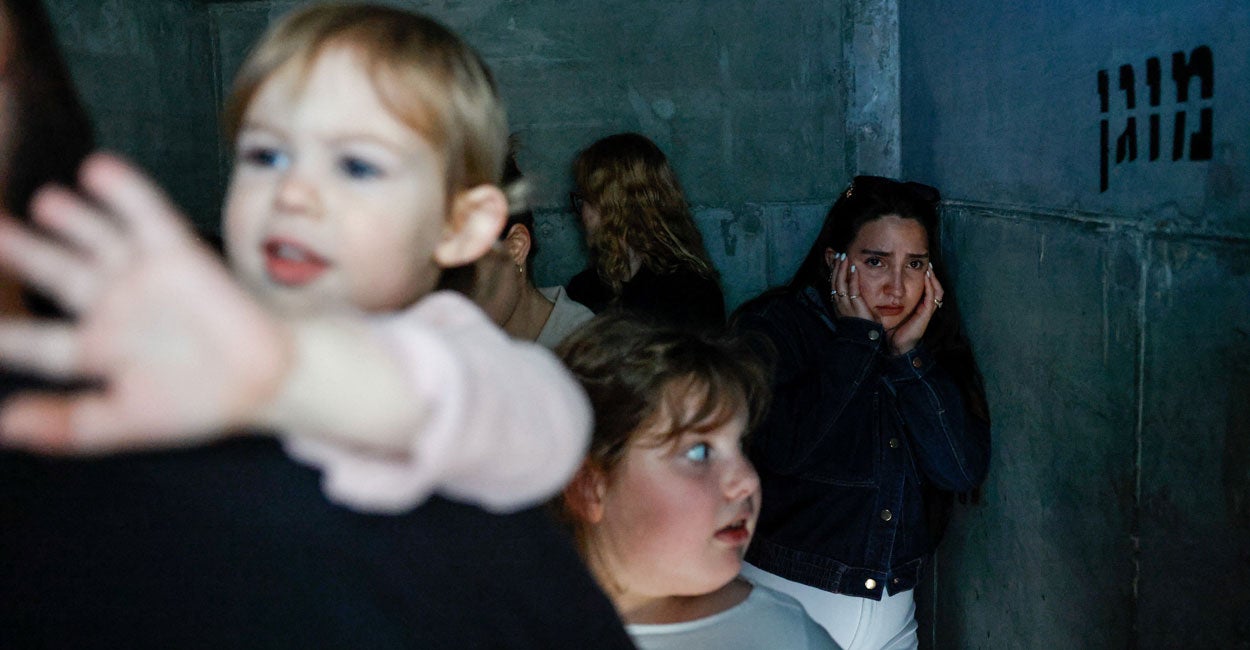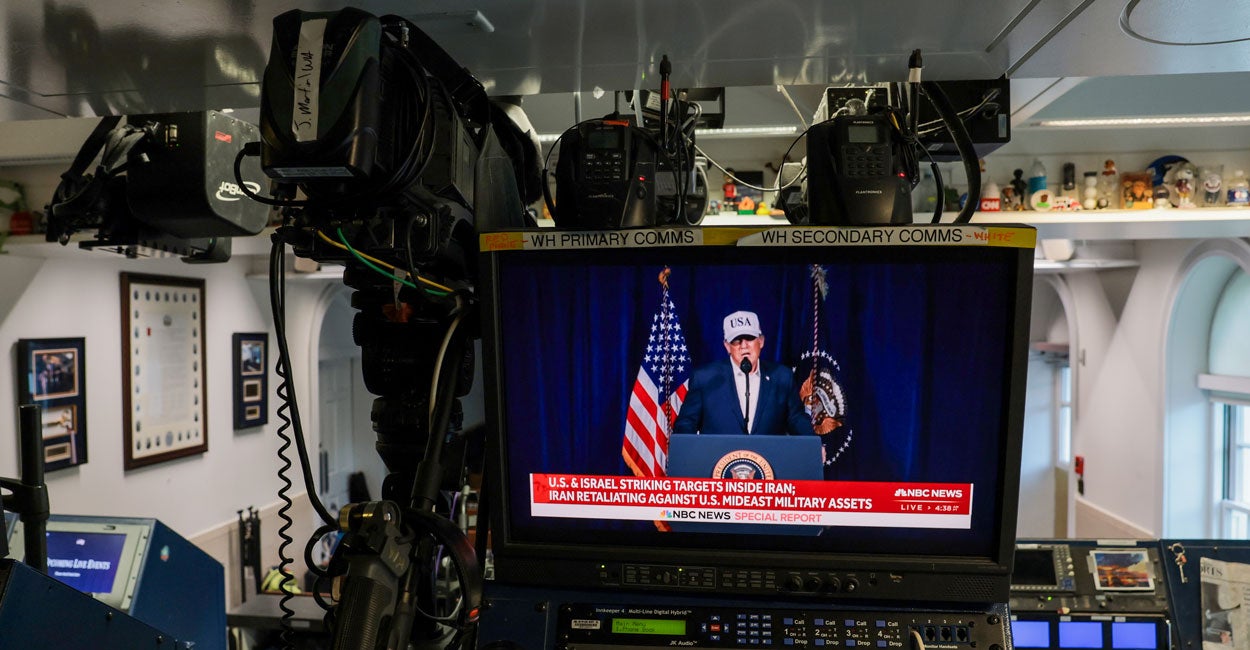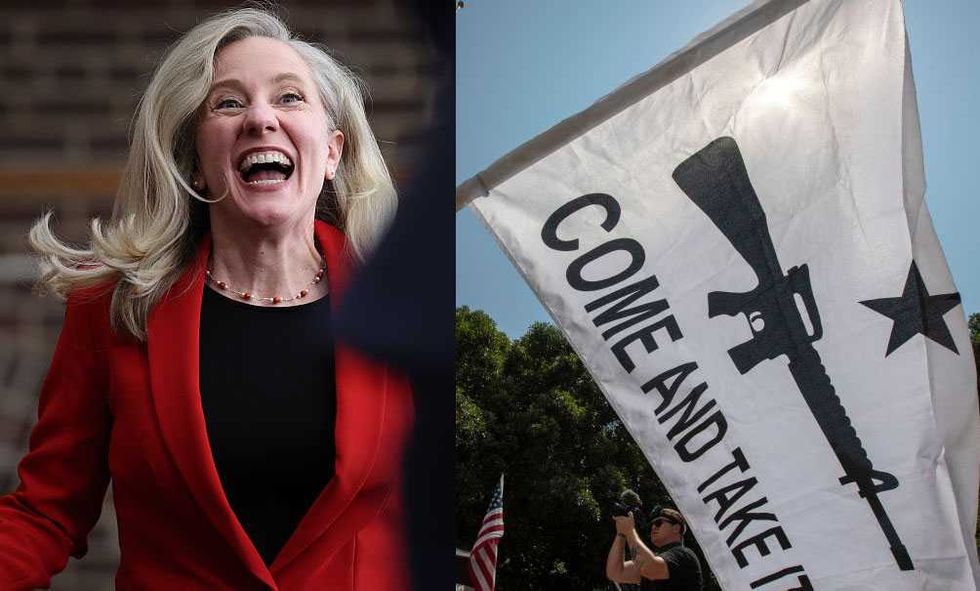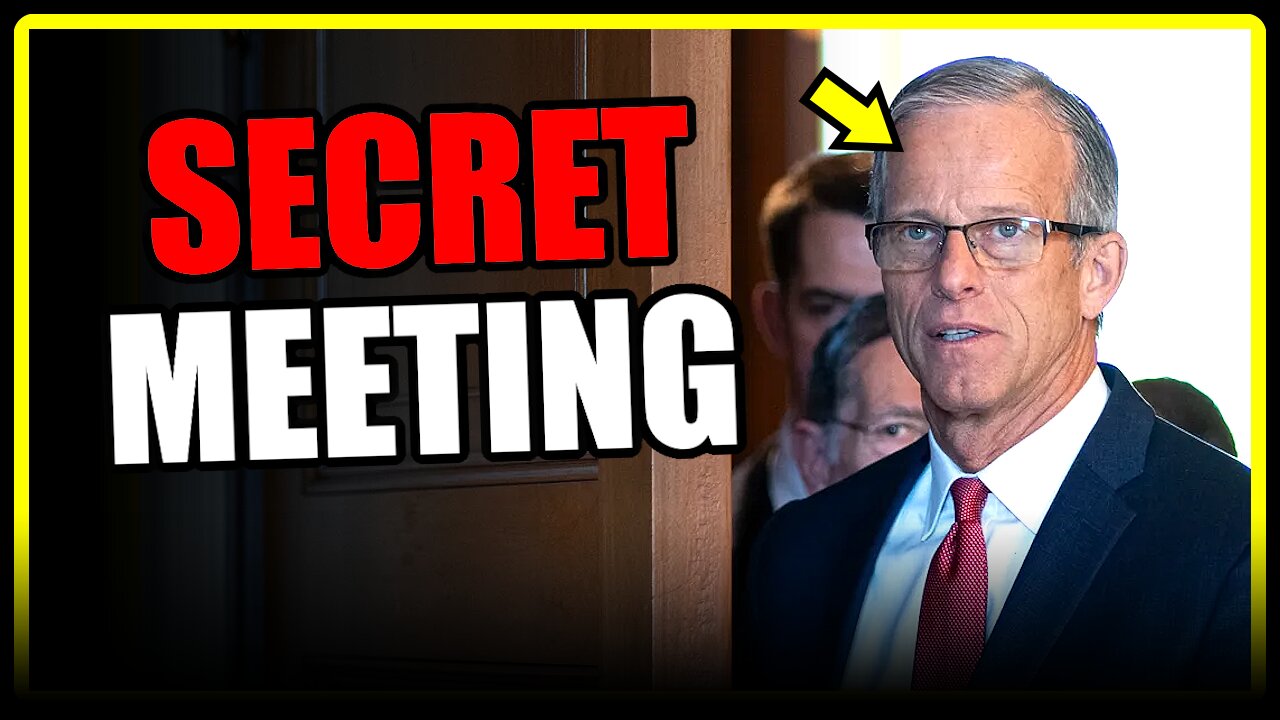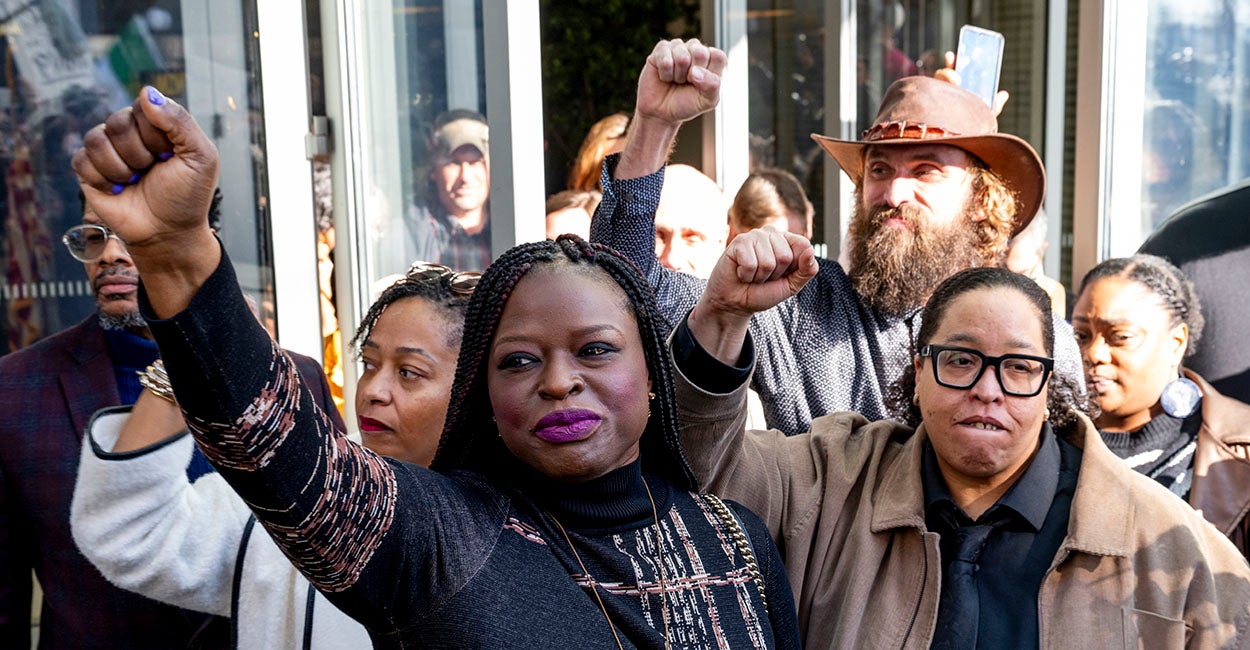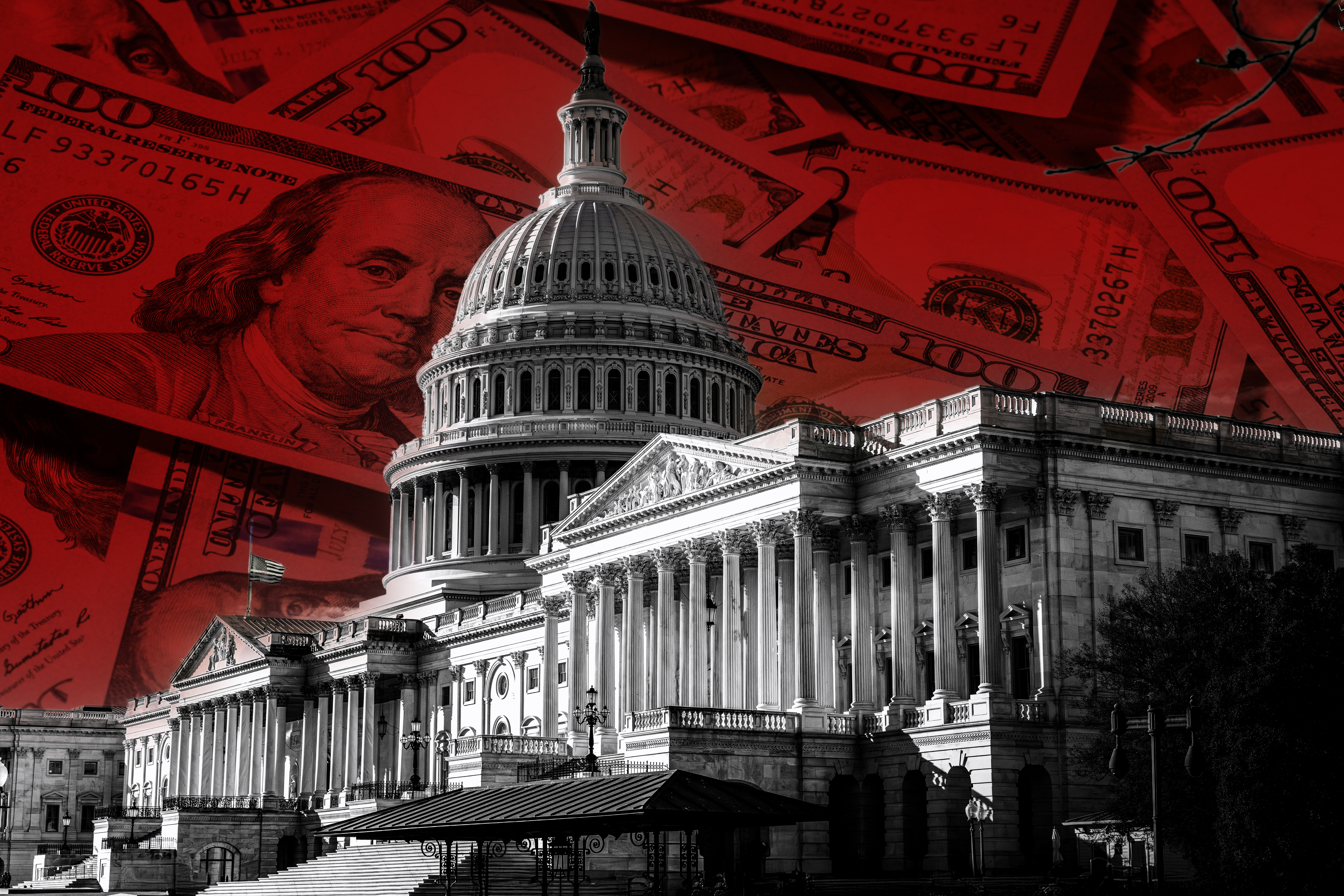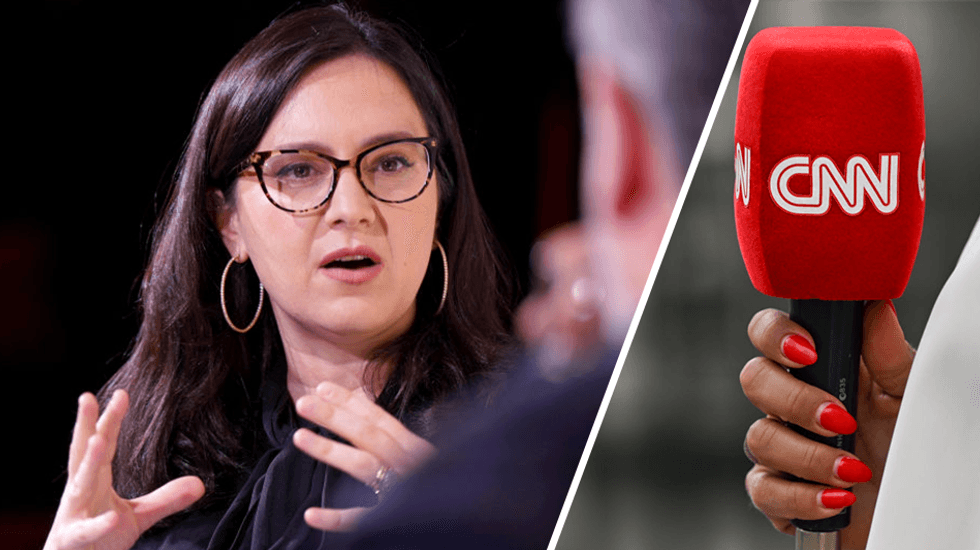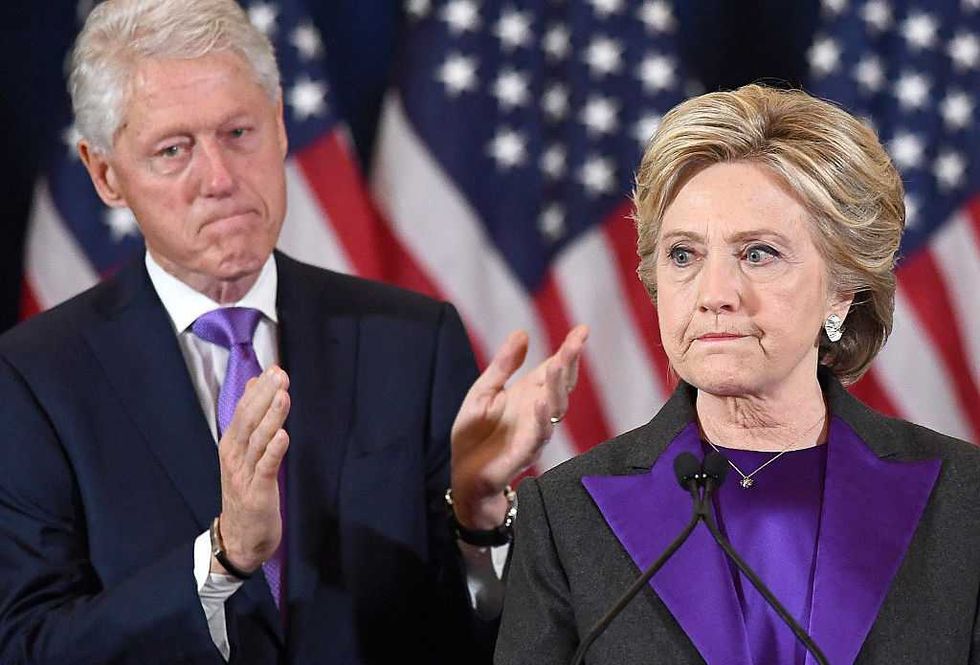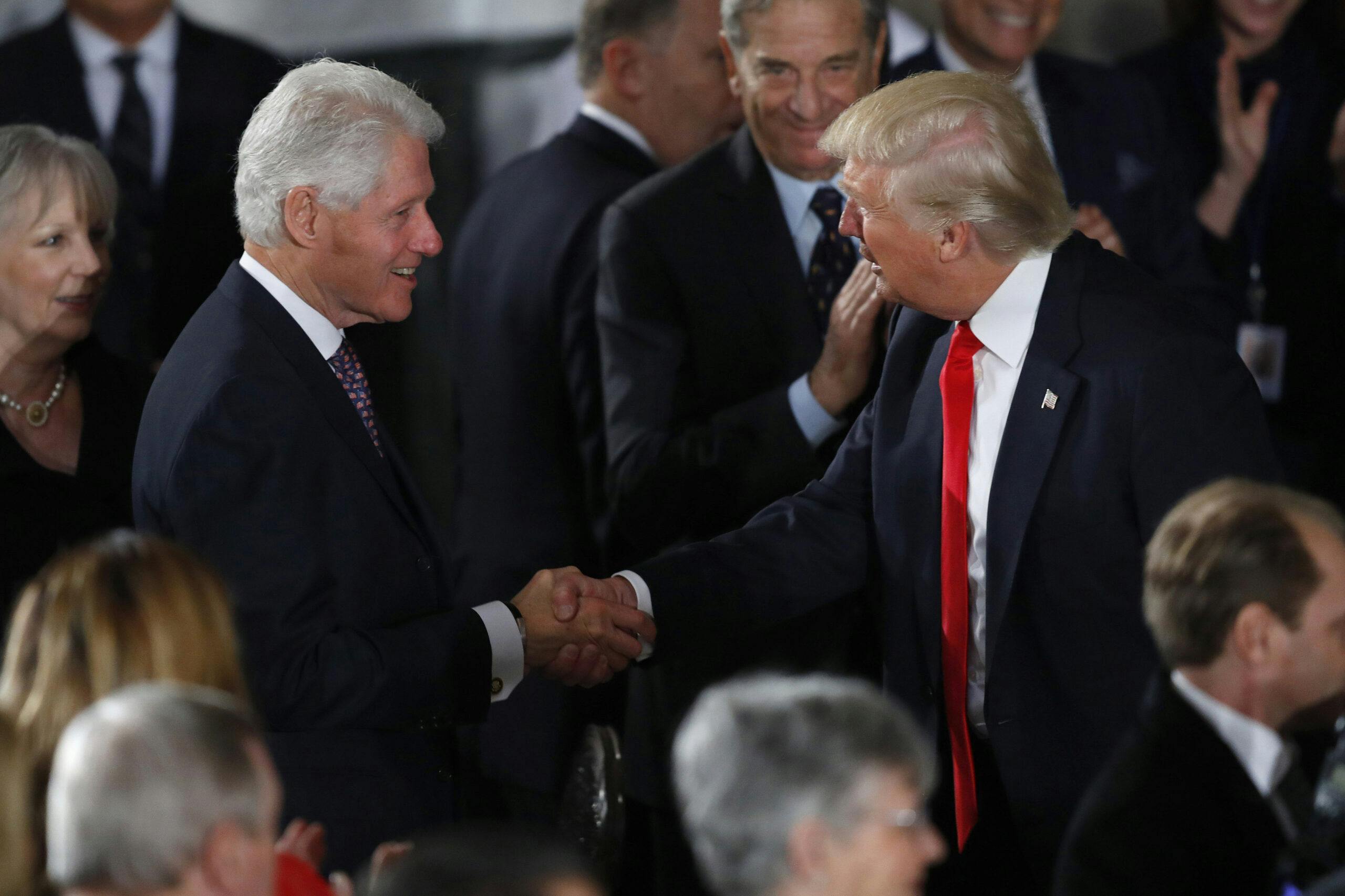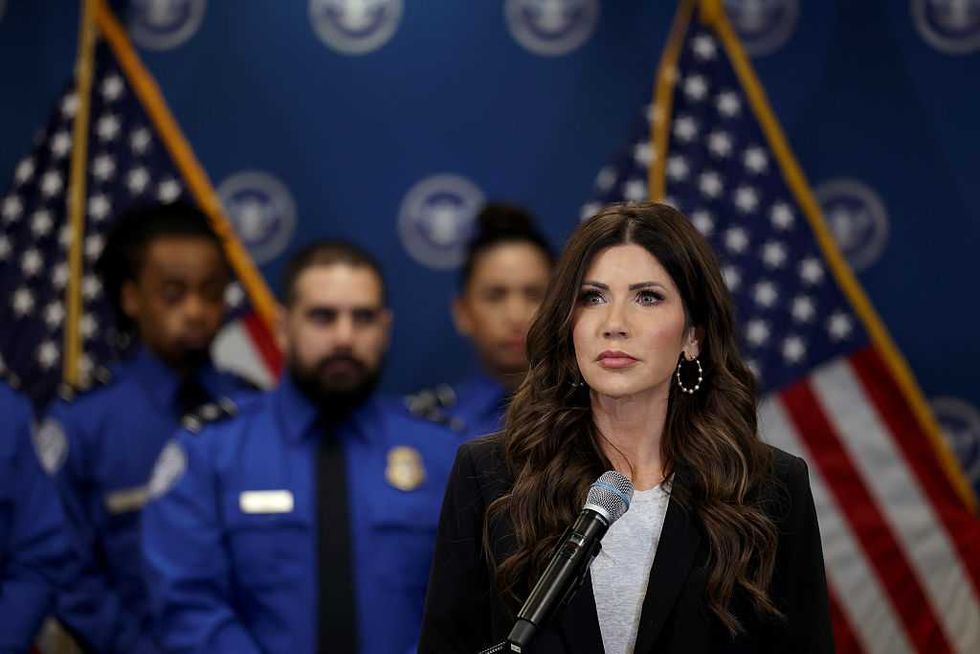America’s ‘prosperity’ is built on broken families and debt
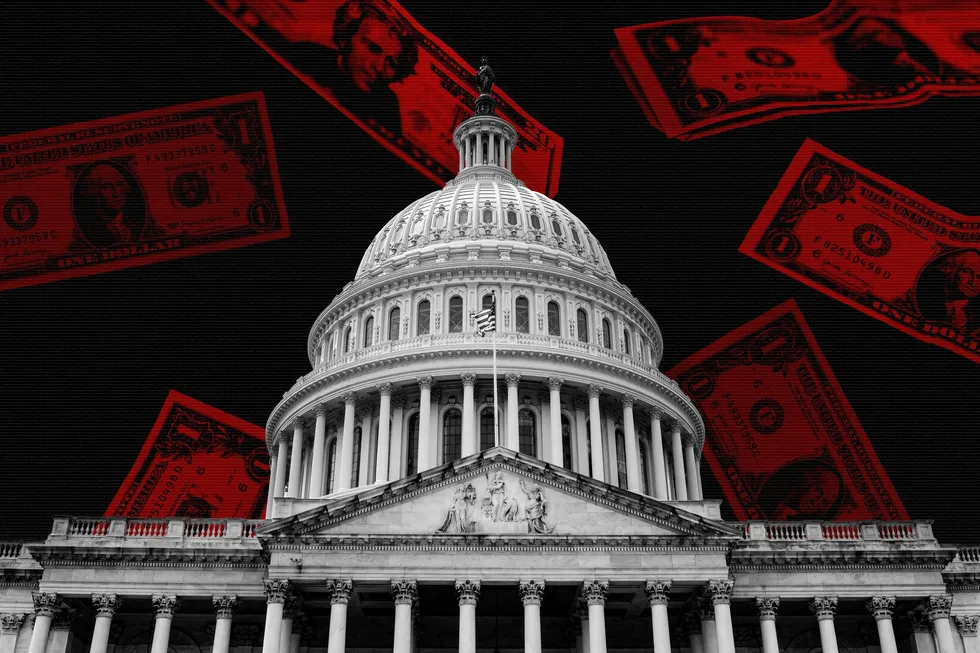
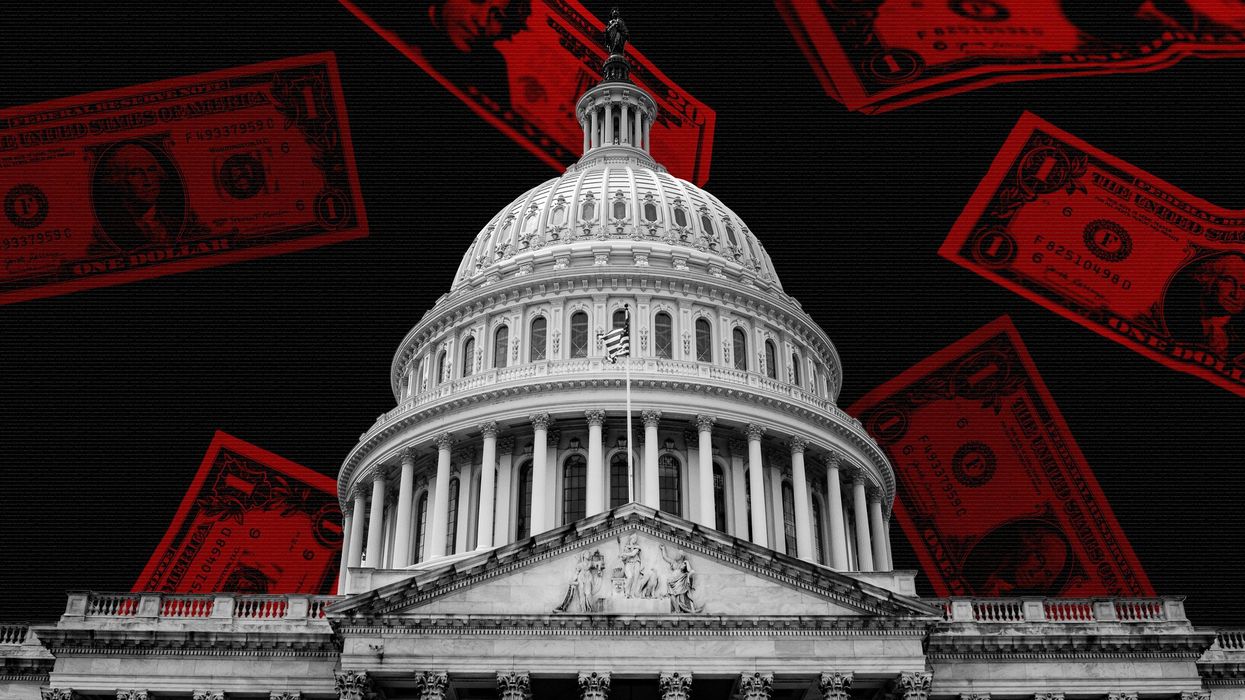
Ever since the COVID “Great Reset,” the American economy has functioned like a silent depression for two-thirds of households and most businesses. Washington pumped out biblical levels of spending and easy money, and a cycle of debt, high prices, and stagnation has crushed consumers.
Live Your Best Retirement
Fun • Funds • Fitness • Freedom
Meanwhile, a handful of well-connected corporations — propped up by cheap credit, regulatory favors, and asset bubbles — keep the stock market afloat, creating the illusion of growth. The result is an economy that looks healthy on paper but feels like collapse on Main Street.
Enough. A nation cannot live on financial tricks and asset bubbles forever. Let the recession come.
The time has come to let it crash. No more bailouts. No more “too big to fail.” If we want a free-market recovery built on broad opportunity and wage-based wealth, we must let the bubbles burst.
The silent depression
Americans live under record-high prices for food, fuel, rent, and electricity. College graduates face the worst job market in decades. Payroll data shows just 1,494 new jobs were added in August — the weakest since the 2008 crash. Layoffs are up 38.5% this year.
For graduates, the outlook is even worse. Fortune reports that 58% of recent grads still can’t land a job or internship. Forty percent of the unemployed last year never even got an interview. One in five job seekers remained unemployed for 10 months or more.
Those already employed are struggling to make ends meet. Thirty-seven percent of workers have tapped retirement accounts for hardship withdrawals or loans. Personal spending, adjusted for inflation, fell 0.15% in the first half of 2025 — the sharpest decline since the financial crisis.
Families are drowning in debt. Household debt sits at $18.39 trillion, up $600 billion in one year. Student loans total $1.64 trillion, with more than 10% delinquent. Credit card debt has hit $1.21 trillion, with average APRs over 22%. Auto loans stretch to seven years for one in five new vehicles. Nearly half of renters now spend more than 30% of their income on housing.
A stock market built on sand
You’d expect Wall Street to slump alongside Main Street. Instead, the S&P 500 posts records. Why? Because 10 mega-cap tech stocks make up 40% of its total market cap. Strip them out, and the picture darkens.
More than 450 large companies filed for bankruptcy in the first half of 2025, the most since the Great Recession. Manufacturing has lost 78,000 jobs. Construction spending has fallen in seven of the past 11 months. Small caps fare even worse: 43% of Russell 2000 firms are unprofitable.
AI hype fuels the illusion. Nvidia’s data center revenue — half of it from just three shaky firms — drives much of the market. The S&P’s price-to-book ratio now tops the dot-com bubble. This is not sustainable growth; it’s speculation on steroids.
The housing bubble must pop
Housing has become the last pillar propping up the economy. Thanks to years of near-zero rates, federal subsidies, and trillions in mortgage-backed securities, the housing market ballooned to $55 trillion — $20 trillion more than in 2020.
But affordability is gone. The frozen market now shows cracks as prices fall in half the country. This is the moment to let it reset. Instead of lowering lending standards or declaring housing “emergencies,” the Trump administration should allow prices to match real wages.
Americans can’t keep using housing as a savings account or demanding 25% annual stock returns while complaining about inequality. You can’t have both free markets and endless asset bubbles.
RELATED: No peace without steel: Why our factories must roar again
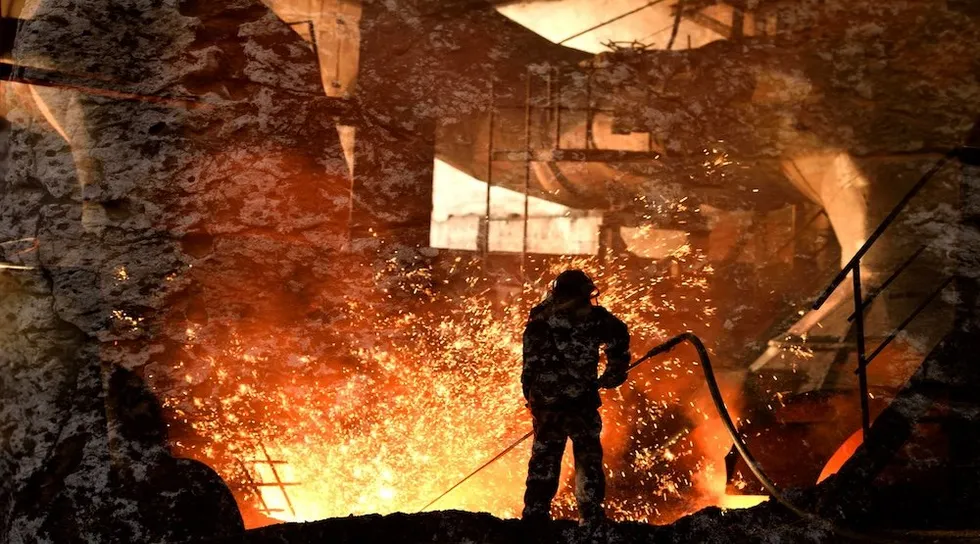 Photo by sdlgzps via Getty Images
Photo by sdlgzps via Getty Images
Stop feeding the beast
Wall Street already salivates over another round of stimulus to keep the AI bubble inflated. Evercore ISI predicts the S&P could hit 9,000 by 2026, even while warning this could become the “biggest bubble ever.” By then, the economy would be addicted to corporate welfare, and taxpayers would foot the bill for the richest companies in history.
Enough. A nation cannot live on financial tricks and asset bubbles forever. Let the recession come. Let the bubbles burst. Only then can America rebuild a market economy rooted in work, savings, and production — not in debt and fantasy.
Won’t somebody finally stand up and shout stop?
Originally Published at Daily Wire, Daily Signal, or The Blaze
What's Your Reaction?
 Like
0
Like
0
 Dislike
0
Dislike
0
 Love
0
Love
0
 Funny
0
Funny
0
 Angry
0
Angry
0
 Sad
0
Sad
0
 Wow
0
Wow
0

